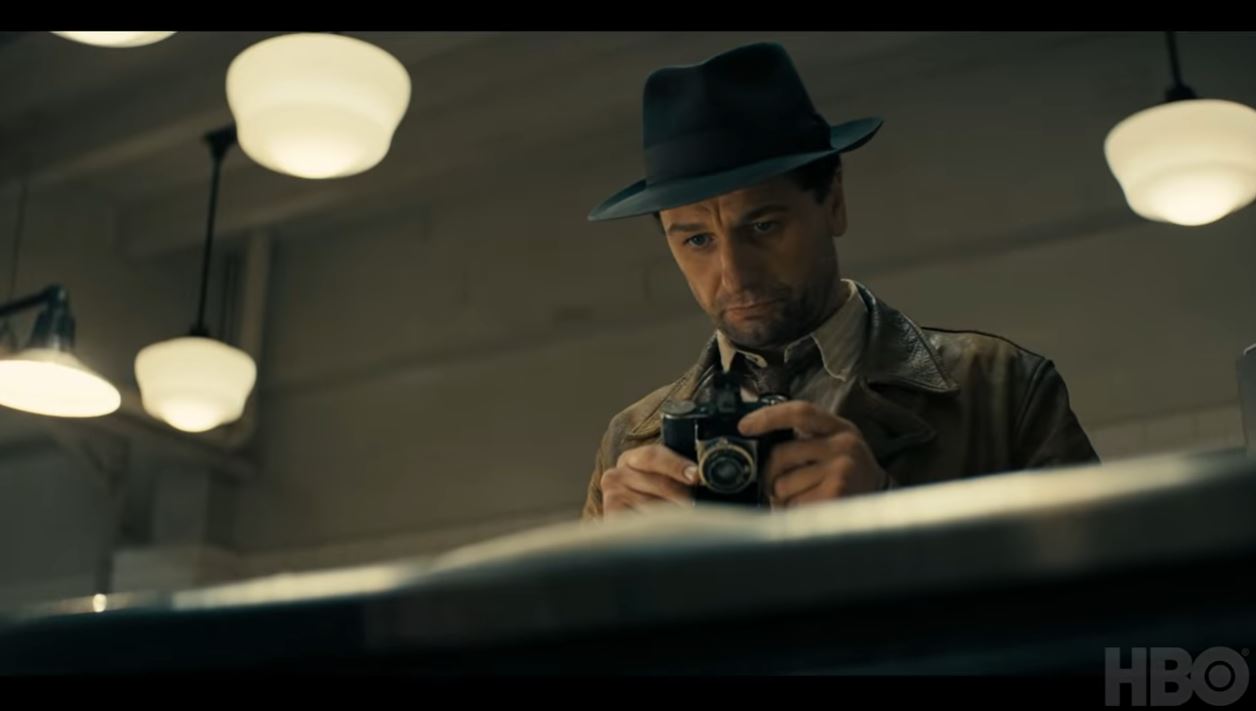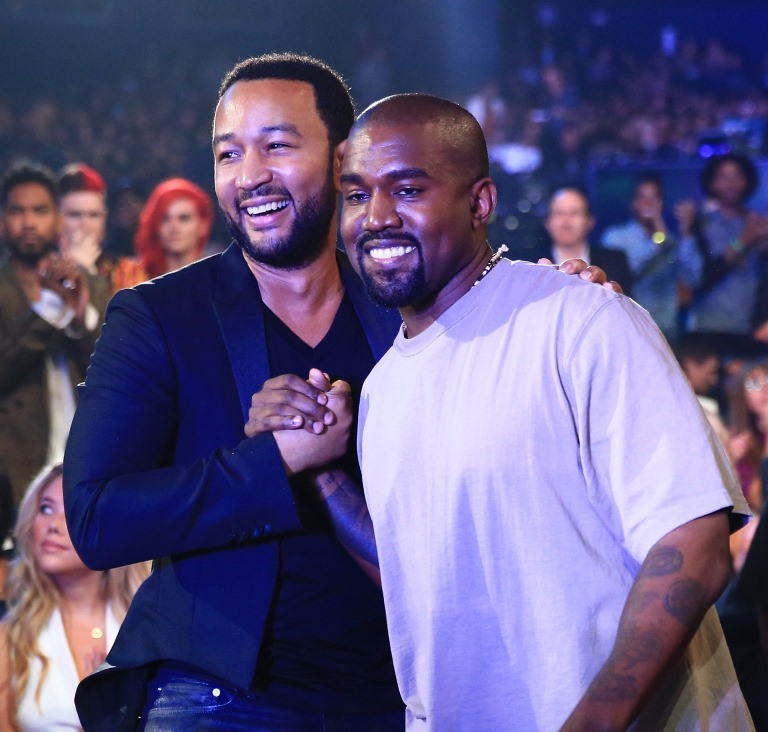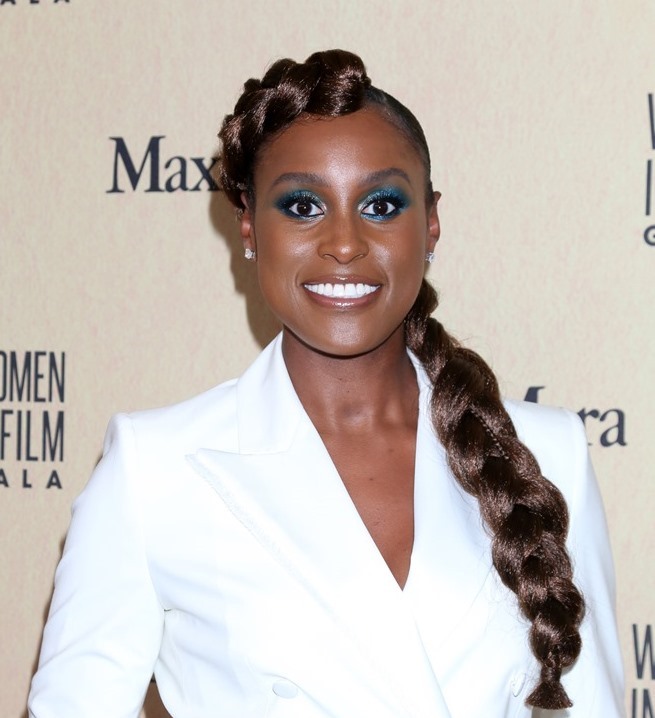At least Perry Mason still looks good



There’s a lot going on right now, and it feels frivolous to write about the trailer for an HBO series—it IS frivolous—but I’ve run the gamut this past weekend from determined to uplifted to nervous to scared to panicked and now I’m idling on E. I don’t have anything left in the tank except the observation that Perry Mason looks really good. The teaser looked good, and the full trailer would, normally, be very exciting for fans of detective series and/or Matthew Rhys. Perry Mason looks like a hard-boiled noir detective drama, the kind of thing that would normally make for excellent summer entertainment. The combination of HBO’s production values and the inherent trashy nature of pulp fiction should make for great escapism. It’s just hard to indulge in escapism right now. People say “guilty pleasure” about entertainment considered embarrassing, but the real guilty pleasure is watching something and feeling like it’s a waste of your time, like you should be out there somewhere, anywhere, doing something, anything, to help.
One thing does pop about this Perry Mason trailer, though. It teases the conspiracy at the center of the case Perry is investigating, which apparently involves corrupt cops. The Los Angeles Police Department was notoriously corrupt in the early/mid-twentieth century—and like, always—so we’re in for an unflattering portrait of policing in America. As has been discussed recently, this is rare. American entertainment is chock full of positive representation of policing, from long-running police procedurals like the Law & Order franchise to the CSI franchise, to the NCIS franchise, to the Chicago PD franchise—police procedurals are hard to f-ck up and almost always spawn spin-offs.
And movies aren’t much better. We flock to movies about tortured detectives with complicated morals stepping up to do the right thing (Chinatown being a prime example). In so many of these stories, the bad guys the cops take down are black and brown people. One wonders how this past weekend would have gone if we were more used, as a public, to seeing the police as oversimplified bad guys and people of color as complicated, heroic figures standing up to impossible circumstances. I’m not saying Perry Mason is going to heal our wounds, and painting a historical police department as less than savory is not the same thing as discussing current problems with policing in America. But I do know who I was running from this weekend, and it wasn’t people of color. It’s past time to change the narrative.
https://www.youtube.com/watch?v=rNATvJMPZaA

